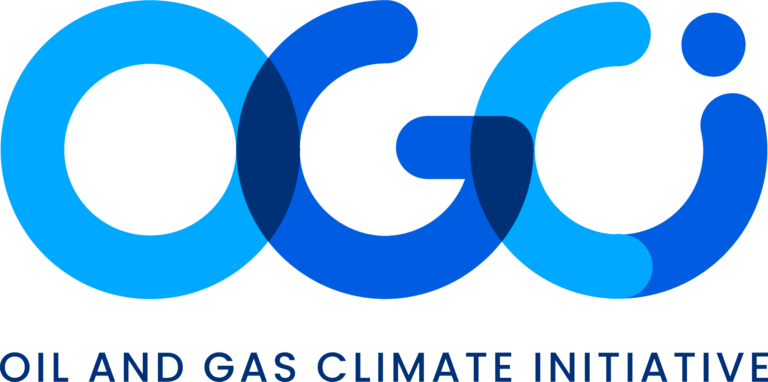Methane emissions technology evaluation center
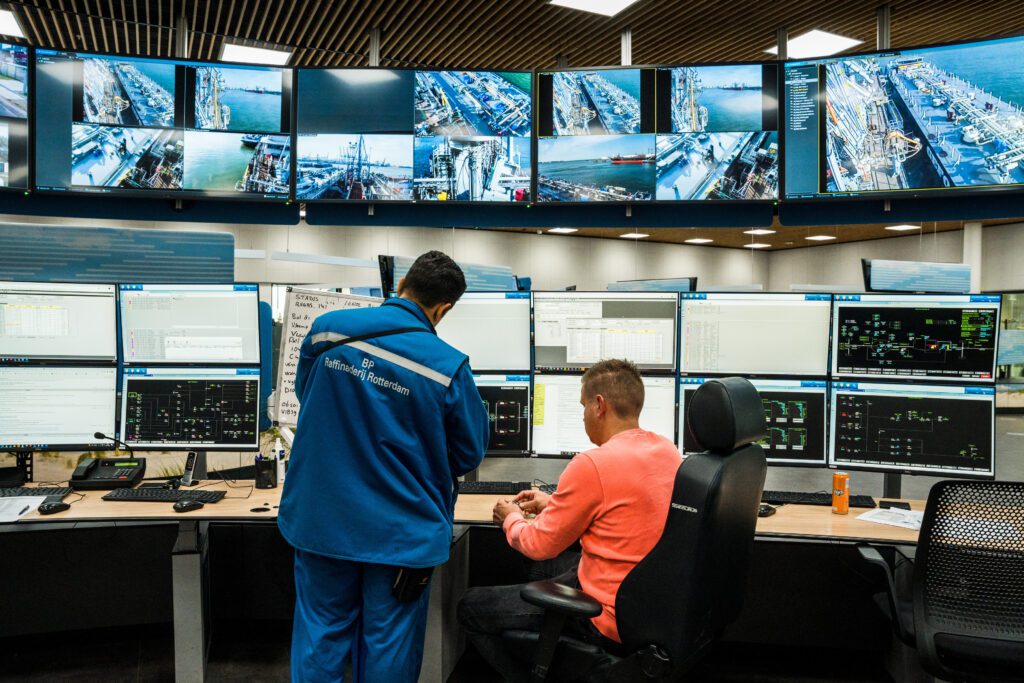
Methane Emissions Technology Evaluation Center(METEC). METEC is a cutting-edge controlled-release testing facility designed to evaluate methane detection and measurement systems under realistic field conditions. METEC supports innovation by simulating diverse leak scenarios found in oil and gas operations, enabling developers to validate and refine their technologies. The facility collaborates with industry, academia, and regulators to […]
Coalition for LNG emission abatement toward net zero – Annual Report
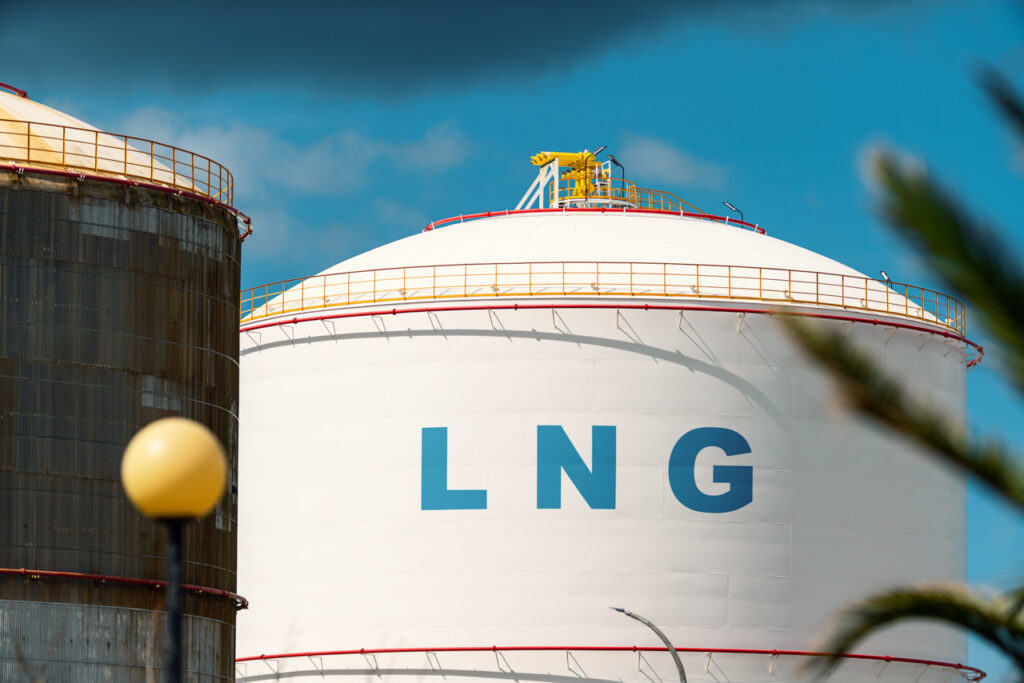
The first annual report of the CLEAN Initiative published in 2024 highlights best practices based on LNG buyers’ questionnaires to sellers regarding methane emission reductions. The initiative has gained strong support from governments, international organizations, and energy companies, with plans to expand participation in the coming year. It showcases efforts to reduce emissions across the […]
Guidelines for measurement, reporting and verification of GHG emission reductions in JBIC GREEN operation
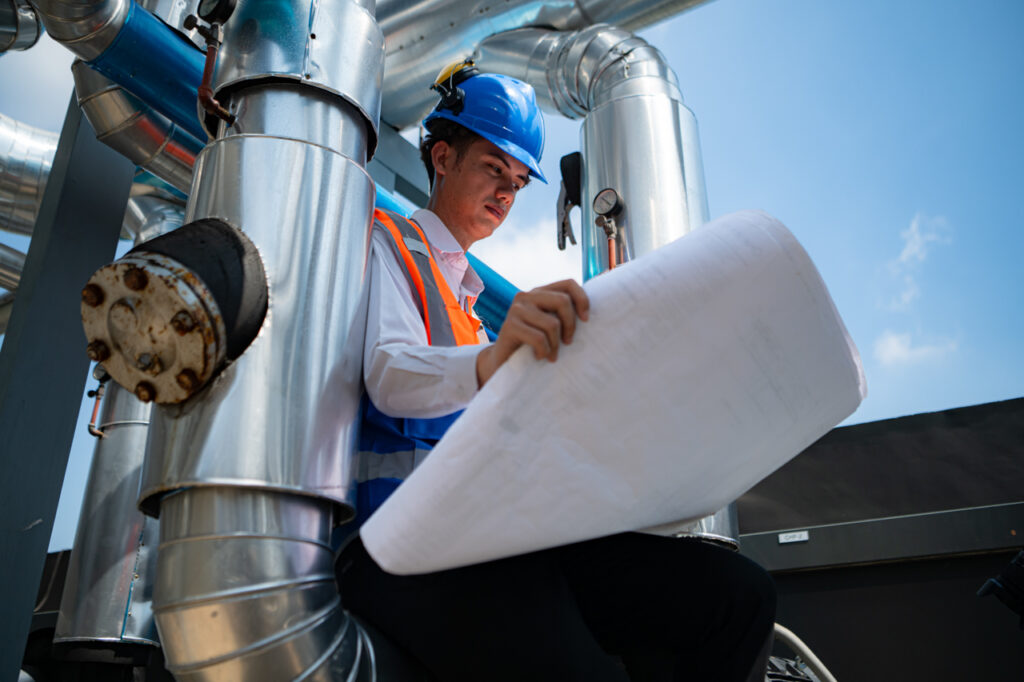
The document provides guidelines for Japan’s Measurement, Reporting, and Verification (JMRV) framework to quantify and track greenhouse gas (GHG) emissions reductions. It outlines methodologies for data collection, emission calculations, and monitoring processes. The framework aims to ensure transparency, accuracy, and consistency in reporting, with sections detailing project-level emission assessments, sector-specific protocols, and verification standards.
Methane Matters: Reducing emissions in the oil and gas sector
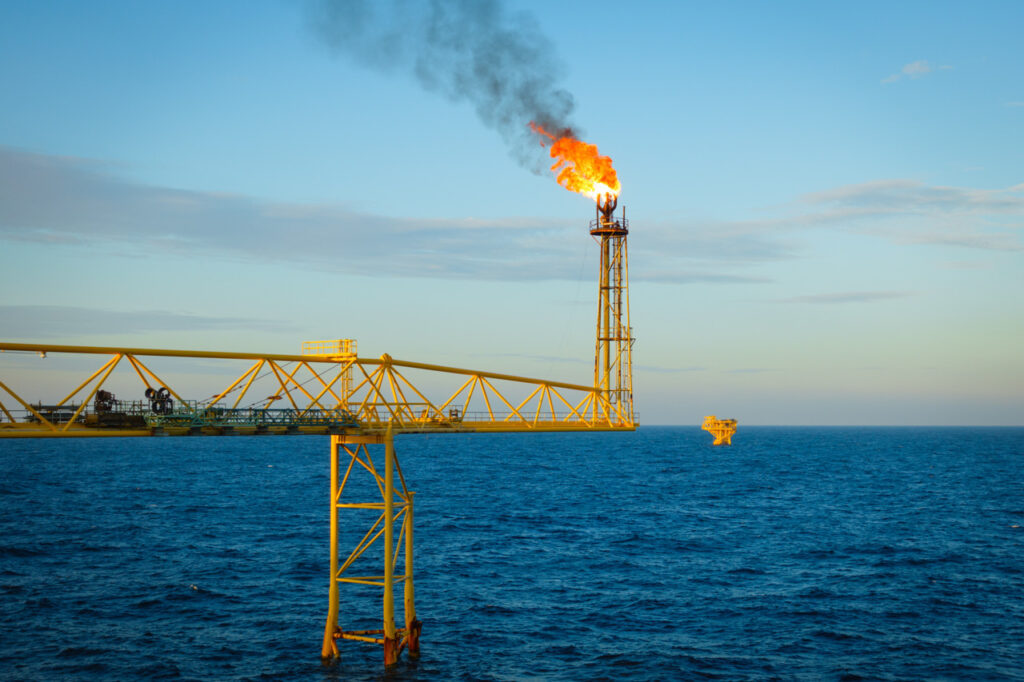
The combination of new regulatory measures and the availability of advanced detection technologies has created momentum to reduce methane emissions from the oil and natural gas sector. The Biden Administration is requiring oil and natural gas companies to measure, report, and reduce methane emissions through five separate rules issued by the Environmental Protection Agency (EPA), […]
Veritas Protocols
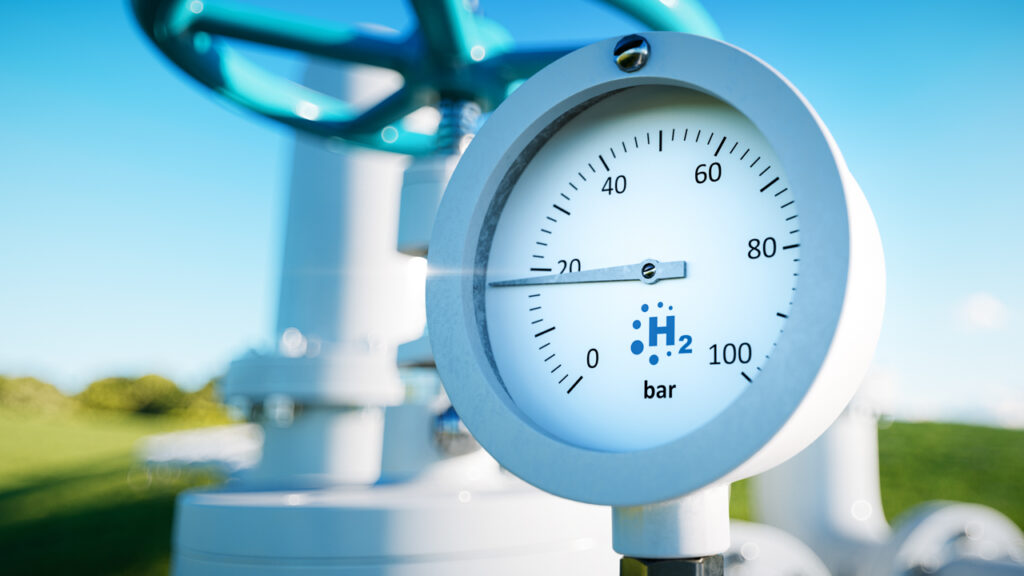
Veritas’ technical protocols provide companies and countries with methane emissions reduction targets with a credible, consistent, verifiable, and transparent methodology to measuring methane emissions. These protocols provide a more streamlined, refined, and standardized approach to accurately measure methane emissions. This, in turn, supports reduction efforts of global methane emissions.
MiQ standard
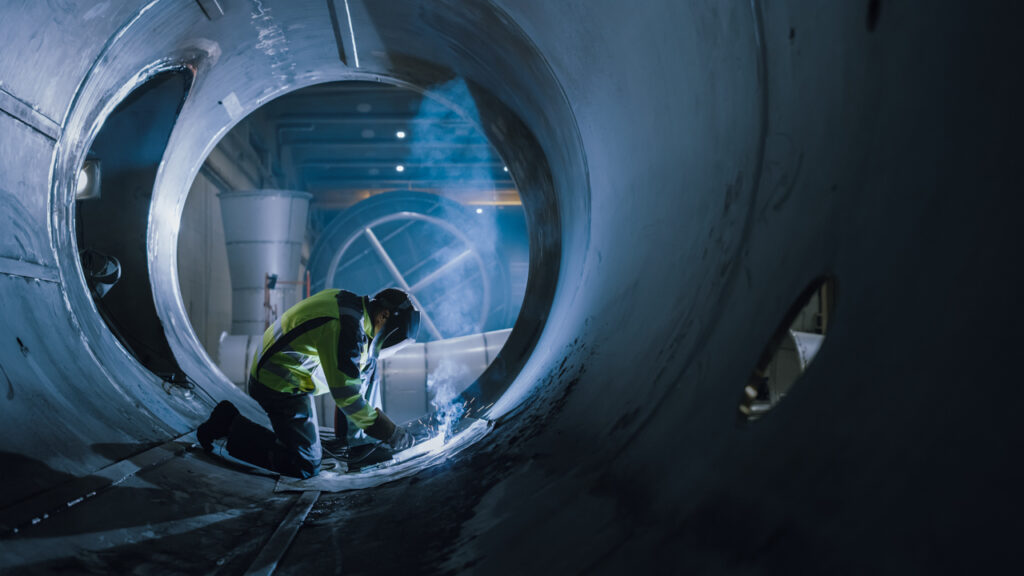
Standard for meeting MiQ certified gas requirements. The MiQ Standard is a standalone framework to assess the methane emissions intensity and carbon (CO2e) intensity at the asset level from each stage of the natural gas supply chain and some stages of the crude oil and natural gas liquids supply chain. The MiQ Standard is followed […]
EPA’s final rule to reduce methane and other harmful pollution from oil and gas operations
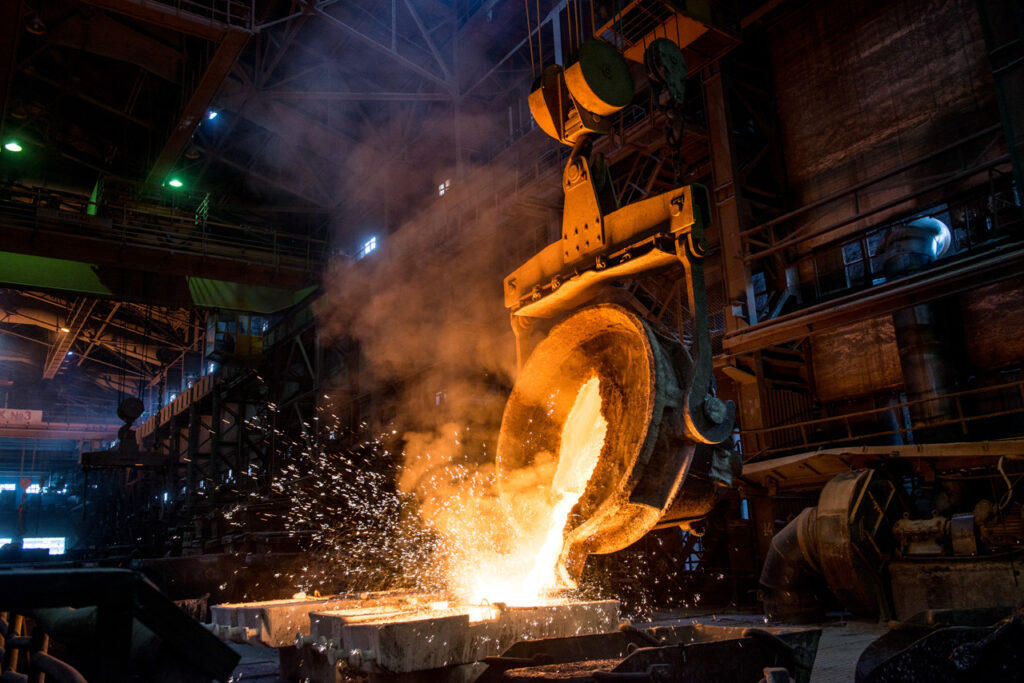
US EPA’s final rule summary. This document provides a comprehensive overview of the US EPA’s final rule on methane emissions, focusing on key regulatory elements. It outlines the applicability of the NSPS OOOOb rule, specifying compliance dates and operator requirements. It also introduces how advanced methane detection technologies can be used and the Super-Emitter program. […]
Inflation Reduction Act – methane regulation article
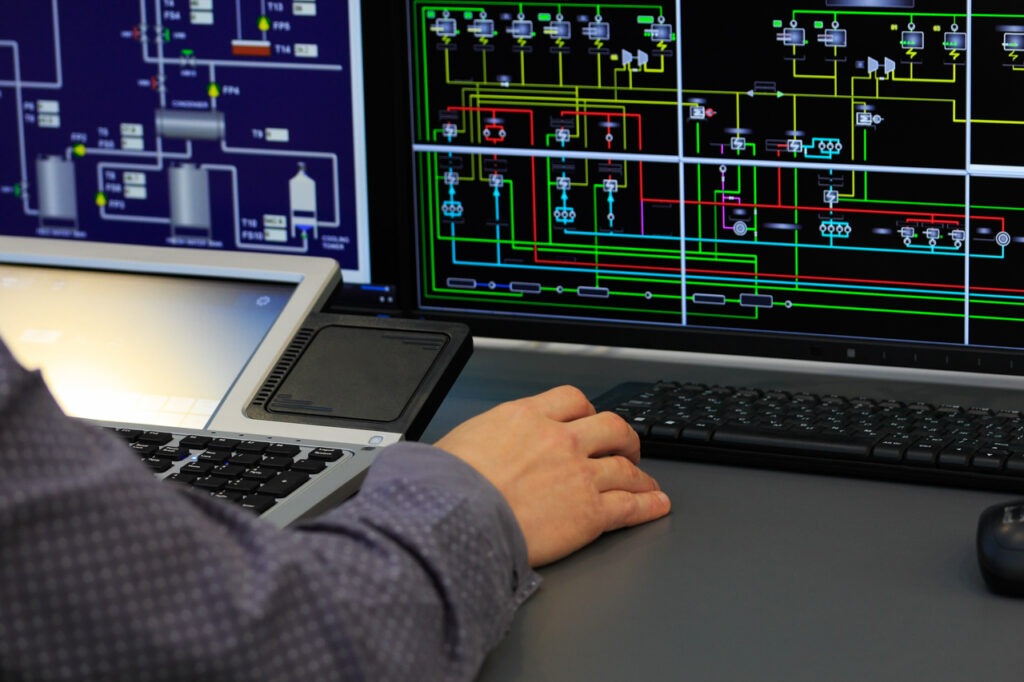
In this legal analysis Harvard Environmental & Energy Law Program explain how the text of the IRA established the framework that EPA must follow, and the flexibility that EPA may be able to include in the final rule consistent with the statute. They also highlight potential tension points for stakeholders as they consider how to […]
Standards of performance for new, reconstructed, and modified sources and emissions guidelines for existing sources: Oil and Natural Gas Sector Climate Review
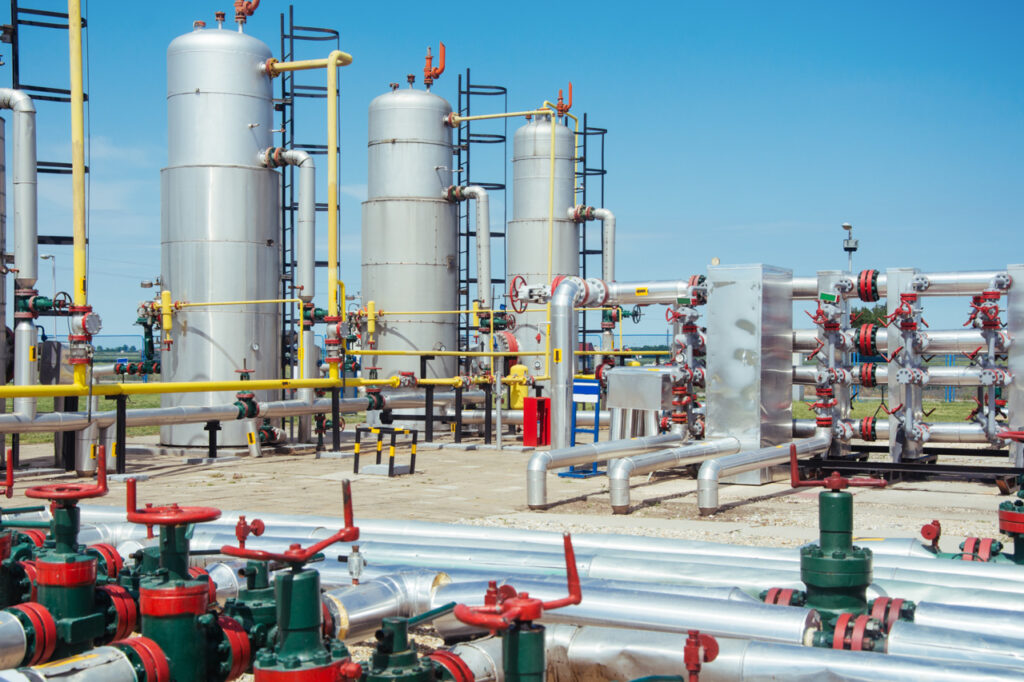
Final Rule for Oil and Natural Gas Operations. The rule includes standards to reduce methane and volatile organic compounds (VOCs) from new, modified, and reconstructed sources. It also includes Emissions Guidelines for states to follow as they develop plans to limit methane emissions from existing sources.
Energy emissions modeling and data lab

EEMDL will build models and tools to improve greenhouse gas emissions accounting across energy supply chains. These models and tools will be peer-reviewed, transparent, timely, measurement-based, and made publicly available for all stakeholders. EEMDL’s suite of models are classified into five categories, based on applications. As these models are built and made publicly available more […]
